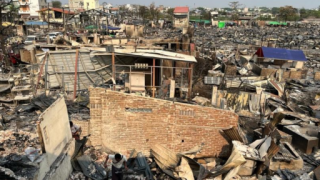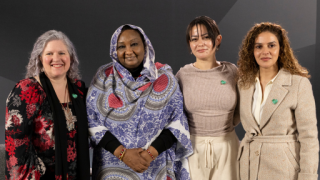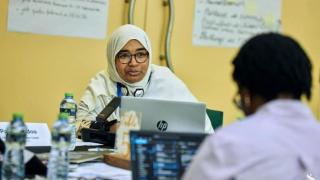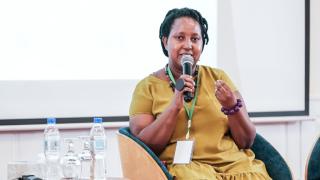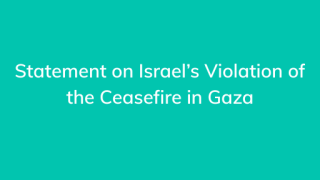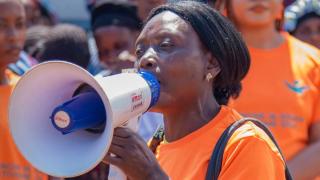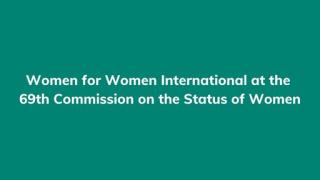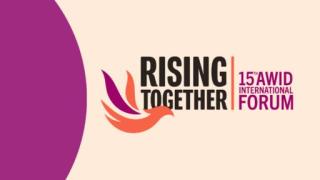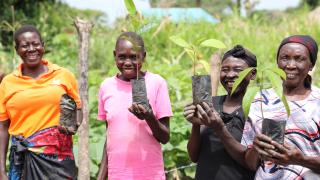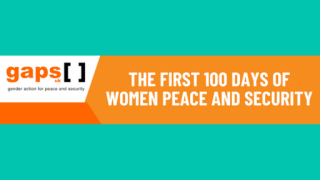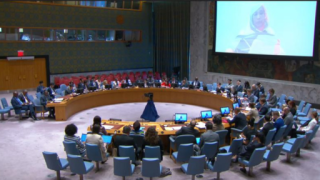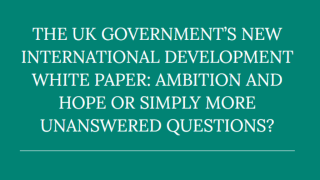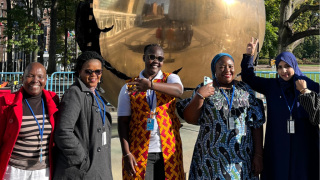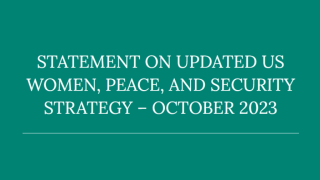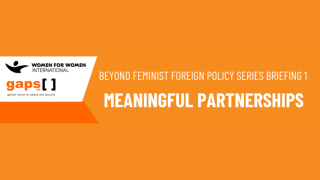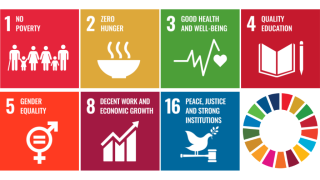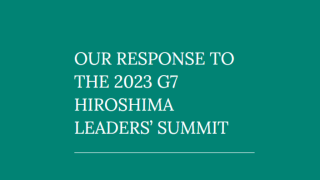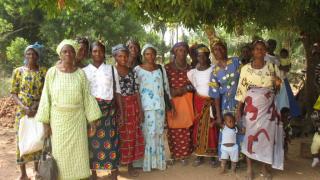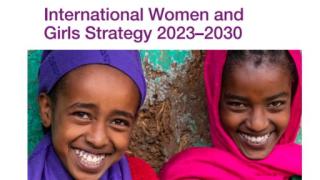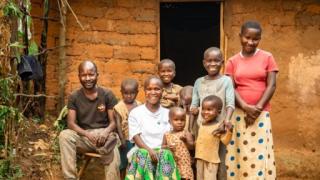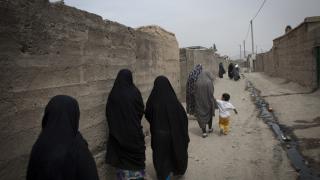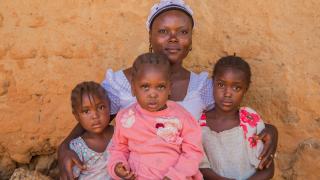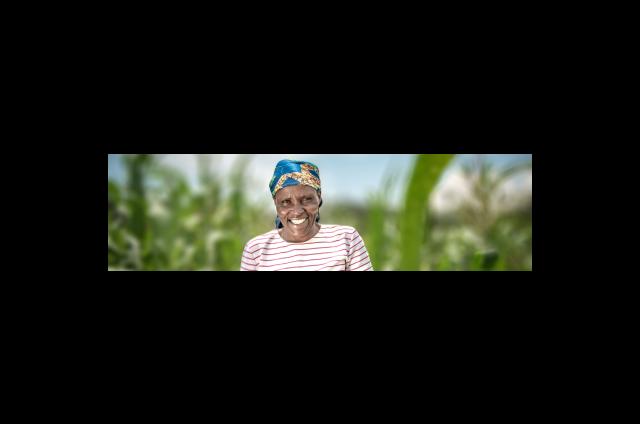Research and Evidence
From Asking to Action
Global, Consultation, Women, Peace & Security, Recommendations
From Asking to Action: A global consultation ensuring the voices of women affected by conflict are heard. We spoke to over 6,500 women in countries affected by conflict who are leading change in their communities. Now it's time to ensure their priorities are amplified and actually heard by decision-makers.
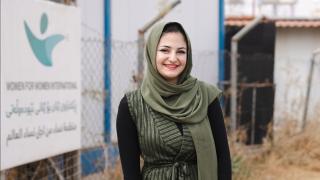
Listen to Women
Nigera, Iraq, Research, Recommendations, Participation
Identifying Barriers to and Opportunities for Women’s Participation and Leadership in Nigeria and Iraq. Written in partnership with Baghdad Women's Association (BWA) and Women Advocates, Research and Documentation Centre (WARDC).
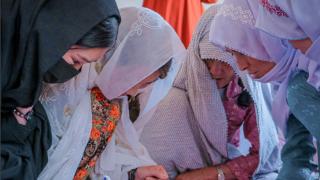
Lost in Consultation
Research, Consultation, International Community
The international community is failing at meaningful engagement with Afghan women. The 'Lost in Consultation' report reveals the international community’s lack of willingness to engage Afghan women in discussions about their future. Compiled from responses of 213 women-led organisations across Afghanistan, this report sheds light on the urgent need for accountability and transparency.
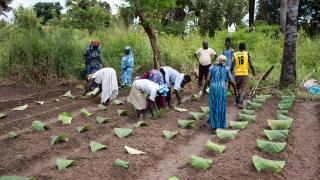
CULTIVATING A MORE ENABLING ENVIRONMENT
Around the world, climate change crises and conflicts are on the rise, and it is women and girls who are disproportionately impacted. The most climate-vulnerable communities are also some of the most affected by conflict and economic insecurity; communities that have contributed the least to the climate crisis.
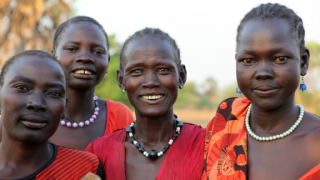
RESOURCING CHANGE
This funding has enabled them to continue responding to their self-identified community needs even when these change unexpectedly, strengthen their organisational capacities to work independently and allowed them to come together and learn from each other. Access to core and flexible funding – in recognition of women’s rights organisations’ greater knowledge and experience of their contexts – enables them to prioritise and respond to what’s needed.
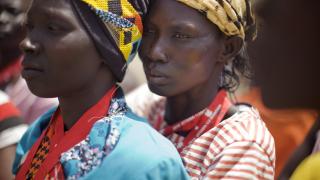
COMMUNITY ATTITUDES TOWARDS VIOLENCE AGAINST WOMEN
Globally, one third of women have experienced physical and/or sexual violence, especially in fragile and conflict-affected states. We spoke to women around the world about their attitudes towards violence against women. Read our policy briefs, highlighting community views and amplifying the experiences of the most marginalised.
"WHERE I AM GOING AND WHERE I AM"
Afghanistan, Research and Recommendations
Hear from Afghan women Human Rights Defenders outside Afghanistan as they discuss the personal and professional opportunities and challenges they face.
“WHAT OF OUR UNFULFILLED PROMISES?”
Situational Assessment, Research, in Syria and Iraq
Situational Assessment and Policy Brief on Syrian women refugees’ experiences in the Kurdistan Region of Iraq. Syrian refugees living in Iraq share their experiences, challenges and calls for action.
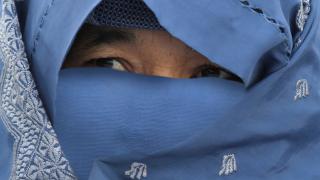
NO ONE HEARS OUR VOICES: AFGHANISTAN REPORT
Afghan women share their hopes and fears. In their own words, Afghan women call for women's rights, inclusion in public life, urgent economic relief and for the international community to step in solidarity with them.
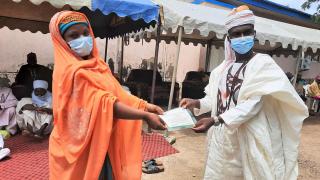
GENDERED IMPACT OF COVID-19
Now and the Future - Pandemics and Crisis: Gender Equality, Peace and Security in a COVID-19 World and Beyond has 22 partners and is based on consultation with over 200 organisations in 10 countries. Women for Women International is proud to be one of the partners who participated in the research, sharing findings from Nigeria and Afghanistan.
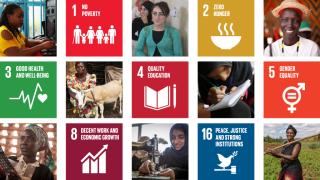
The Global Goals
We have committed to using the Sustainable Development Goals as a framework for sharing our data and our contribution towards the implementation of the Goals. Alongside our printed and digital report cards, we have created an interactive dataset to illustrate the impact of our programme on targets within the Global Goals. Explore our data to see our contribution towards the implementation of the Goals.
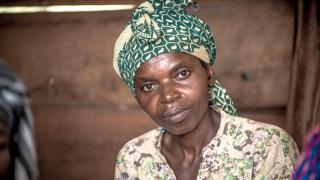
UNHEARD. UNSEEN.
Global, Research, Recommendations
Our Agenda for Action for 2020 and beyond. Marginalised women in fragile and conflict-affected states have been left behind in the progress and ambitions of world leaders’ commitments. Our Agenda for Action sets out the five priority areas where we are calling for urgent action to achieve the changes needed for marginalised women affected by conflict.
Our Policy and Advocacy Commentary
Our Policy and Advocacy Archive
Towards an effective approach for Women, Peace and Security
subtitle: This 2016 report summarises key findings from a study commissioned by Women for Women International (WfWI) into the effects of its work in Afghanistan and Kosovo on women’s social cohesion and economic resilience.
This 2016 report summarises key findings from a study commissioned by Women for Women International (WfWI) into the effects of its work in Afghanistan and Kosovo on women’s social cohesion and economic resilience.
This 2016 report highlights the findings from a study with graduates from Women for Women International’s combined social and economic empowerment programme in Kosovo.
This 2016 paper highlights the findings from a recent study with graduates from Women for Women International’s combined social and economic empowerment programme in Afghanistan from 2009-2015.
Impact Evaluation of Women for Women International's Economic and Social Empowerment Programme in Afghanistan: an Evidence Brief
Last week, Heads of State and Government descended on New York to meet for the Sustainable Development Goals (SDGs) Summit, as part of the 74th session of the United Nations General Assembly. Along with members of our Global Advocacy Team, I travelled to New York to represent Women for Women International at the Summit.
Our Global Advocacy Manager, Stephanie Siddall, discusses global progress towards gender equality and what more we must do to ensure that the most marginalised women and girls aren't left behind.
Carron Mann, Head of Policy and Advocacy, highlights our engagement with the UN’s 63rd Session of the Commission on the Status of Women, a key space for us to share our evidence and amplify the voices of the women we serve with key influencers.


